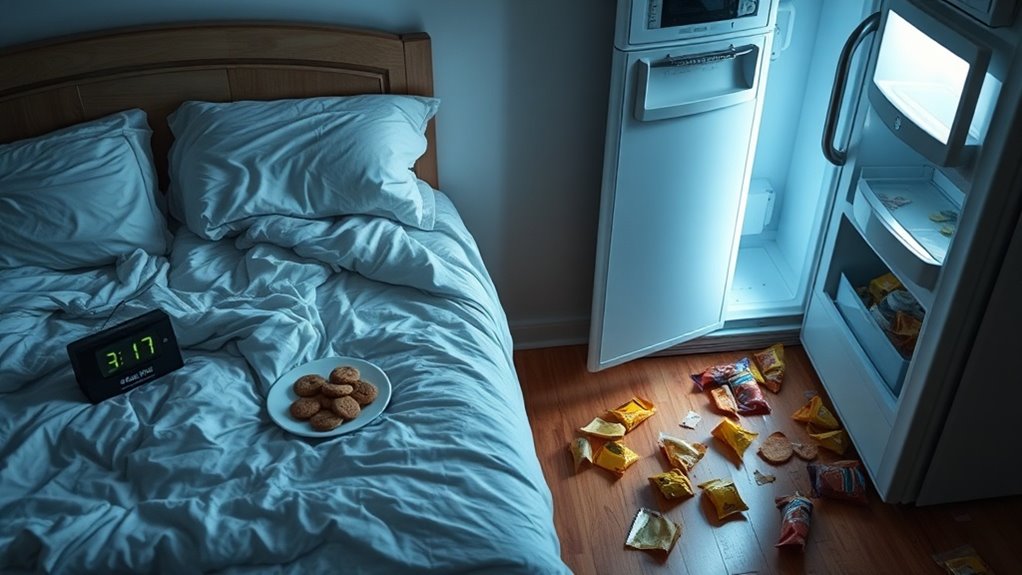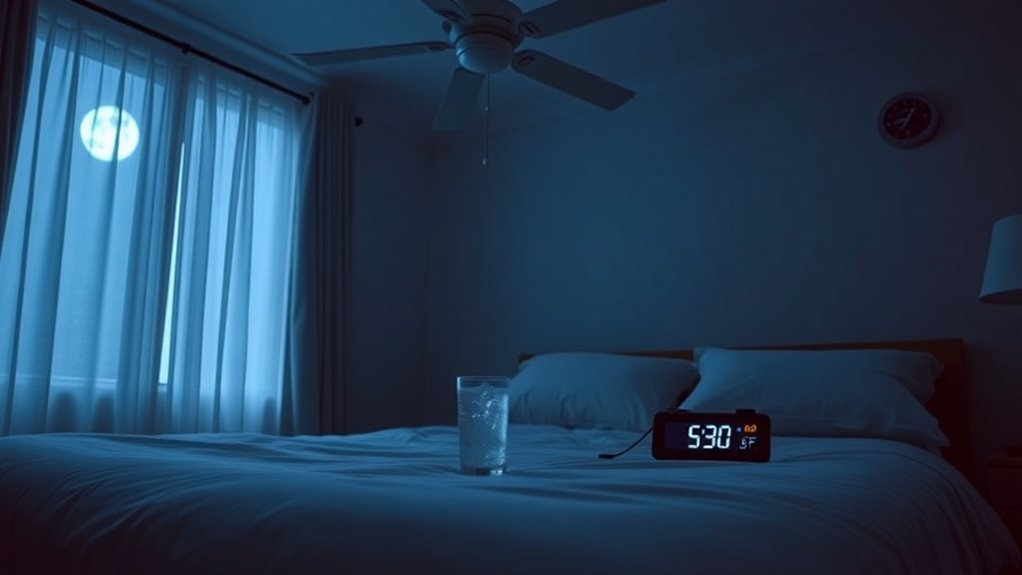The Surprising Link Between Deep Sleep and Fat Burning
You’ve probably noticed how a poor night’s sleep can trigger intense food cravings the next day, but there’s more at stake than just appetite. Research shows that deep sleep directly influences your body’s ability to burn fat through complex hormonal mechanisms. During specific sleep phases, your metabolism shifts into a unique state that maximizes fat oxidation while preserving muscle tissue. Understanding this connection can transform how you approach both sleep and weight management.
The Science Behind Deep Sleep and Metabolism
During deep sleep, your body undergoes critical metabolic processes that directly influence fat oxidation and energy expenditure. Research shows that deep sleep enhances your metabolic rate, regulating hormones like growth hormone and cortisol. Studies demonstrate a clear correlation between deep sleep and weight loss, as your body maximizes fat-burning efficiency during these restorative phases while preserving lean muscle mass. Additionally, quality sleep is essential for hormone regulation and can prevent overeating by restoring balance in appetite-related hormones.
How Sleep Cycles Influence Fat-Burning Hormones
As your body progresses through distinct sleep cycles, two primary fat-burning hormones – leptin and ghrelin – fluctuate in a precise rhythm. Your leptin levels rise during deep sleep phases, signaling fullness, while ghrelin decreases, reducing hunger signals.
| Sleep Stage | Leptin Impact | Ghrelin Impact |
|---|---|---|
| Light Sleep | Minimal Rise | Slight Decrease |
| Deep Sleep | Peak Levels | Lowest Levels |
| REM Sleep | Moderate Rise | Gradual Increase |
These hormonal shifts during quality sleep optimize your body’s fat-burning potential. In fact, adequate rest is essential for maintaining balanced hunger hormones that support efficient weight management.
Strategies to Optimize Deep Sleep for Weight Loss
While achieving deep sleep may seem challenging, implementing evidence-based strategies can greatly enhance your sleep quality and metabolic rate.
Set your bedroom temperature to 65-68°F, maintain complete darkness, and stick to a consistent sleep schedule.
You’ll maximize slow-wave sleep by avoiding screens 90 minutes before bedtime, limiting caffeine after 2 PM, and exercising at least 3 hours before sleep.
Common Sleep Disruptors That Hinder Fat Loss
Despite following proper sleep hygiene practices, several common disruptors can undermine your fat-burning potential during sleep.
Late-night screen exposure suppresses melatonin by 50%, while room temperatures above 70°F reduce slow-wave sleep by 36%.
Alcohol consumption delays REM sleep onset by 30-90 minutes, and evening meals within 2 hours of bedtime increase nighttime glucose levels by 18%. Additionally, poor sleep can lead to hormonal imbalances that complicate weight management efforts.





